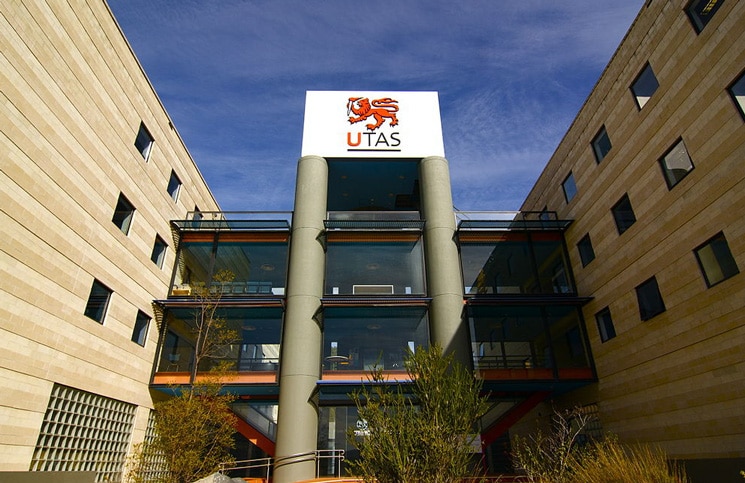AIM MBA Continues To Focus On Real-World Application
For more than 75 years, the Australian Institute of Management (AIM) has been developing leadership and management programs that provide Australia’s business leaders with the practical skillsets and industry-based knowledge they need to drive their organisations forward.
Like many business schools of the era, the early methodologies of AIM post-WWII were based in the teachings of scientific management but there were indications of an appetite for innovation in the way AIM’s programs were taught.
As the first education provider in Australia to adopt the Harvard Case Study method, AIM has always seen the value of taking theory and applying it to the real world.
That focus on real-world application continues today within the AIM Business School and its MBA program.
AIM Business School Dean, Professor Elizabeth More AM, has said the AIM MBA puts real value into private and public organisations by assessing the practical application of students learning in their workplace, rather than assessing learning via exams.
“While effectively consolidating our students’ learning, this also helps to improve their own management and leadership practice while also providing an immediate benefit to their organisation,” Prof More said.
“At AIM, we’re able to inject practicality into our MBA teaching by using experienced professionals across business, government and the NFP sectors with strong academic credentials as lecturers and academics, which further adds to the real world value our programs offer.”
As the flagship qualification for AIM, the MBA offers both online and face-to-face learning options and is structured so students can mix both types of learning, depending on their preference and learning styles.
AIM’s goal was to democratise MBA education by introducing a truly customer-centric offering that focuses on students, making higher education more flexible and accessible to a larger market.
“And we’re seeing results – more than 90% of AIM Business School Graduates specified in a recent survey that the practical assessments offered in AIM’s MBA allowed them to reflect and develop solutions based on their experience in the workplace,” Professor More said.
“Our entry requirements offer a number of pathways, including considering students based on their level of experience which means our cohorts are often seasoned managers who are looking to cement their real world wisdom with a robust and recognisable qualification.
“With a student cohort of experienced professionals and a teaching program that focuses on leveraging real-world application, our graduates are now putting their MBAs to work in improving the organisations for which they work and achieving new levels of career success.”
As the Executive General Manager of Sales and Operations at Repco, Wayne Bryant is an AIM Graduate who was able to apply his MBA to his career while he was studying.
“In almost all cases, while I was completing the 12 units of the program, there were things happening in and around our business where I was able to apply the subject I was studying to the workplace,” Mr Bryant said.
“From a practical perspective, it really was a terrific program as it broadened my horizons and it has given me access to resources for my leadership toolkit.”





